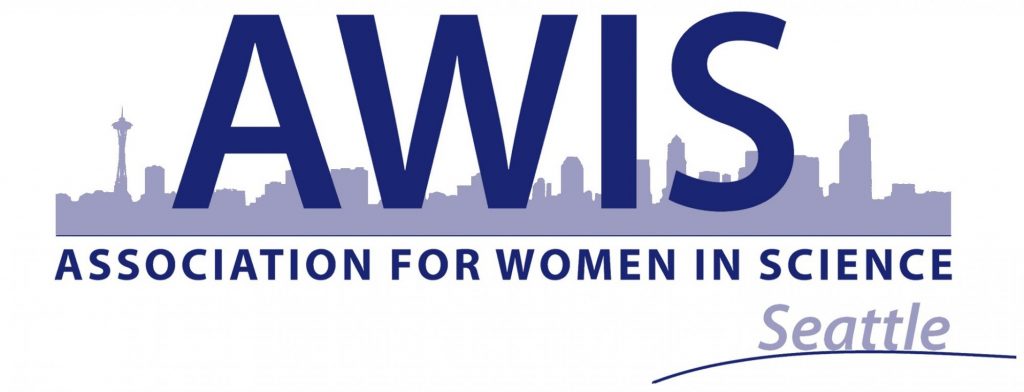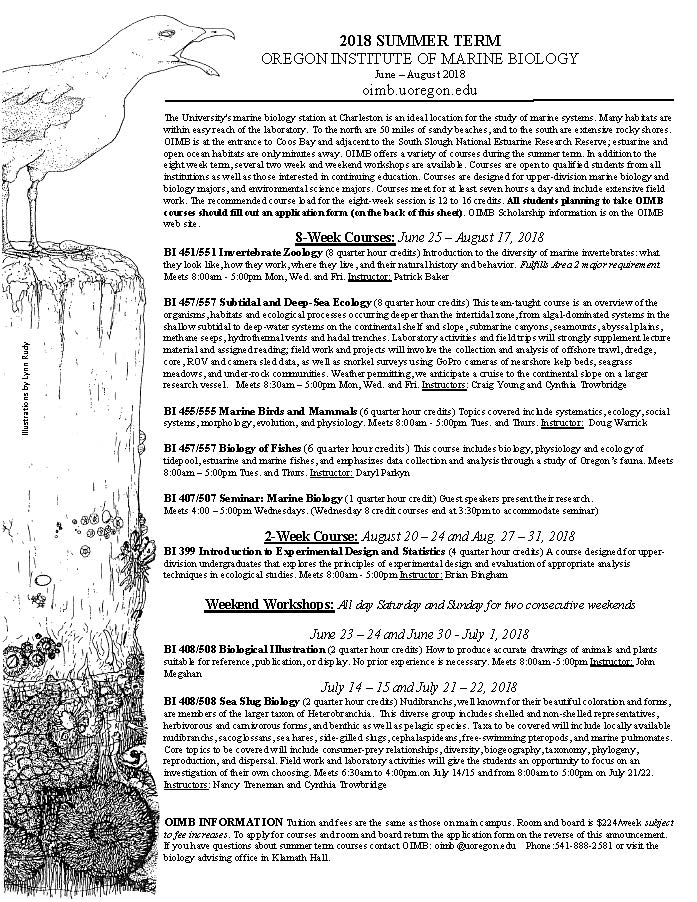The City of Edmonds is hiring seasonal Ranger Naturalists to help support their Discovery and Beach Ranger programs. Work part time Mid-March through Labor Day. https://www.governmentjobs.com/careers/edmondswa
Salary: $14.06 – $17.09 Hourly
Location: Edmonds, WA
Job Type: Seasonal
Department: Parks, Recreation and Cultural Services
Job Number: 2018-002
Closing: 1/26/2018 4:30 PM Pacific
Description
Please Note: Wages listed are 2017 wages and will be updated as soon as 2018 wages are released. A completed “Supplemental Questionnaire” must also be submitted with your application.
EMPLOYMENT DATES/HOURS: Mid-March through Labor Day: 5-20 hours per week, variable schedule including weekends.
GENERAL DUTIES: Under the direction of the Environmental Education and Sustainability Coordinator, Ranger Naturalists primarily promote marine conservation by interpreting marine ecology in classrooms and in parks, emphasizing awareness and protection of, and appreciation for the marine environment and the Puget Sound watershed. Some interpretive work also occurs in a forest setting.
Examples of Duties
ESSENTIAL JOB FUNCTIONS:
Develops, prepares, and conducts presentations for children (Pre-K – 8th grade) and adults about marine life in Edmonds parks
Conducts programs in classrooms and in parks.
Provides information to the public about the environment of Edmonds city parks and beaches, marine sanctuary rules, and other regulations.
Works indoors and outdoors, in various environments and weather conditions
Assists with development and presentation of other interpretive programs, camps & special events as needed. Must be able to plan and lead a 5-hour day camp program.
Assists with training and mentoring staff and volunteers.
Assists with training of volunteers.
Works indoors and outdoors, in various environments and weather conditions.
Minimum Qualifications
EDUCATION AND EXPERIENCE:
A combination of formal education and experience that demonstrates the following:
Knowledge of the Puget Sound marine environment, particularly intertidal invertebrates.
Knowledge of Pacific Northwest forest ecology.
Experience in outdoor educational or interpretive programs, particularly with children.
Organizational and teamwork skills.
Ability to exercise initiative in program development.
Ability to be assertive in situations involving park regulations and marine sanctuary rules.
LICENSES AND OTHER REQUIREMENTS:
Valid First Aid/CPR certification (or obtained by April 1, 2018).
Valid Washington State Driver’s License (driving record abstract not required).
Must be able to pass a background check.
Supplemental Information
WORKING CONDITIONS/PHYSICAL REQUIREMENTS:
ENVIRONMENT:
Indoor and outdoor including beach and forest environments.
PHYSICAL ABILITIES:
Walking over rough or uneven surfaces, and up and down hills.
Bending and stooping.
Hearing and speaking to exchange information.
Seeing to observe and identify walking hazards and marine / forest species and habitats.
HAZARDS:
Exposure to inclement weather conditions, jellyfish stings, dogs
Exposure to upset and sometimes angry people/citizens
For additional ADA information, please contact the HR Department
NOTES: Pursuant to the Immigration Reform and Control Act, all new employees must present acceptable documents verifying identity and authorization to be employed in the United States.
APPLICATION REQUIREMENTS: A completed online application form and completed supplemental questions are required to be considered for this position. It is important that you review the application form carefully. An incomplete application form or packet will disqualify you. Applications are accepted for current job openings only. If you are applying for more than one job opening, a separate application form is required for each position. Applicants may attach other information such as resumes, letters of recommendation, etc., that will assist us in the review and selection process but these submissions are not intended to replace the online application form. Current position openings can be viewed and applied for at https://www.governmentjobs.com/careers/edmondswa. Any individual requiring ADA accommodation during any part of the selection process should advise the City of the need.

 Summary
Summary